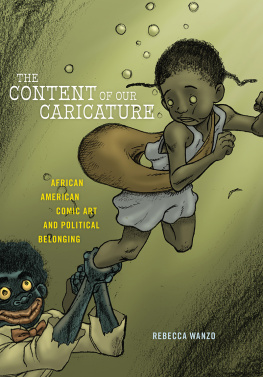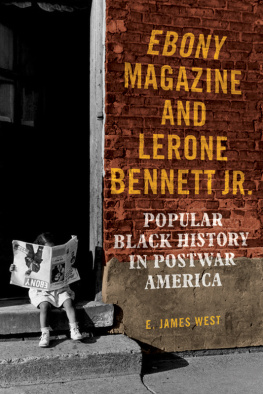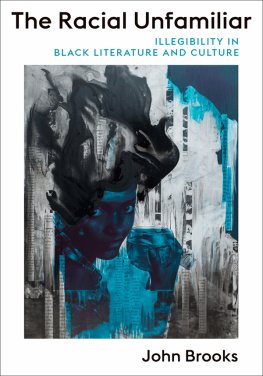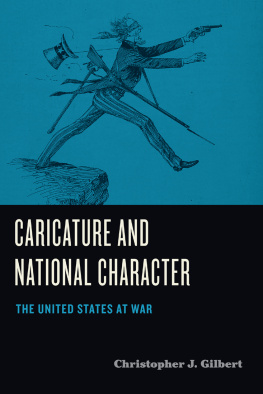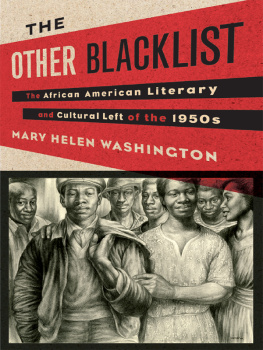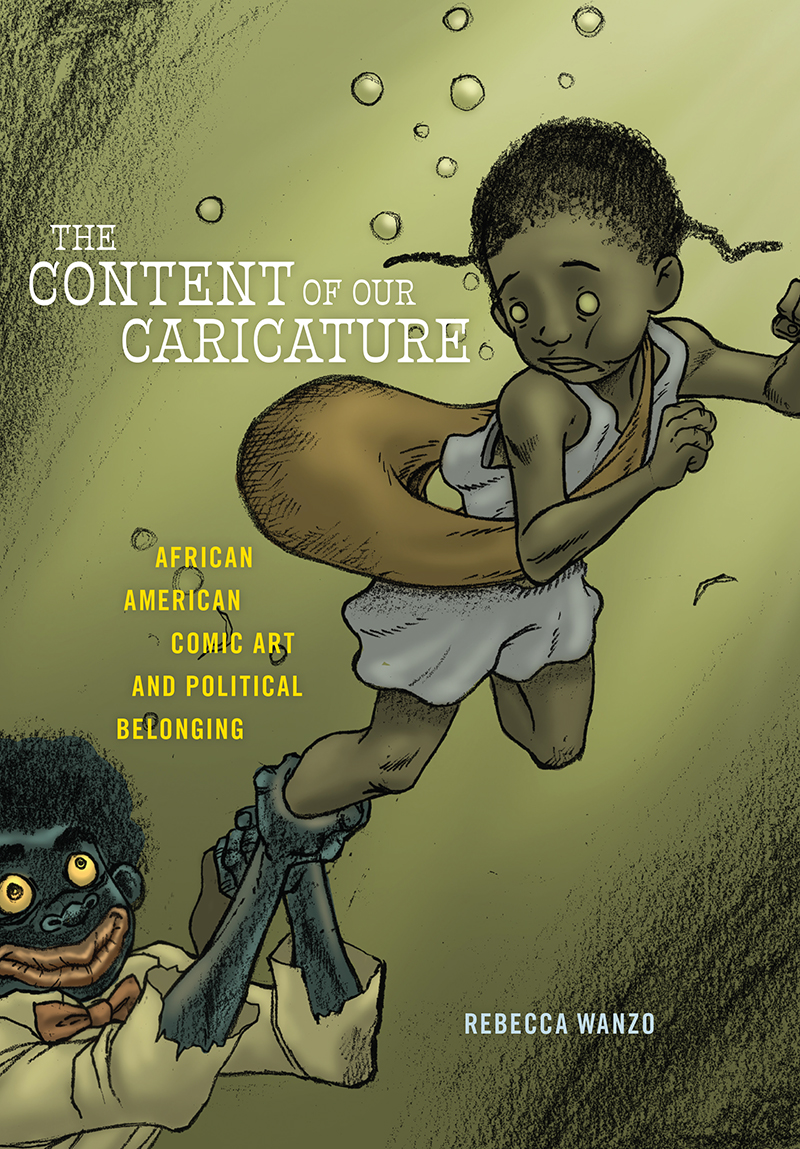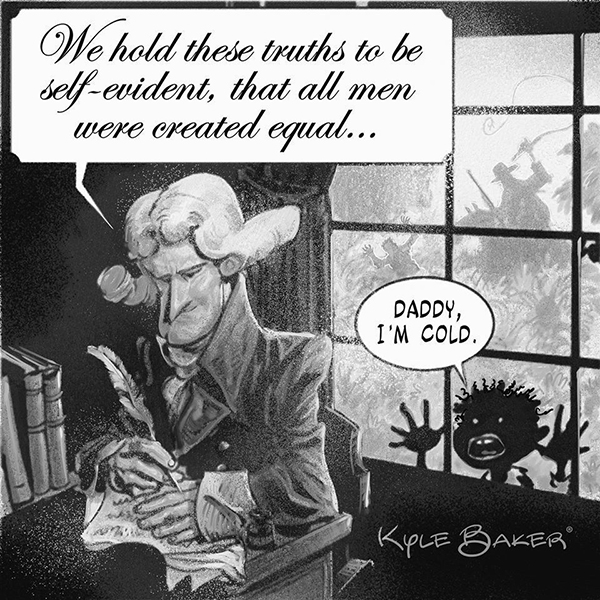Rebecca Wanzo - The Content of Our Caricature: African American Comic Art and Political Belonging
Here you can read online Rebecca Wanzo - The Content of Our Caricature: African American Comic Art and Political Belonging full text of the book (entire story) in english for free. Download pdf and epub, get meaning, cover and reviews about this ebook. year: 2020, publisher: NYU Press, genre: Art. Description of the work, (preface) as well as reviews are available. Best literature library LitArk.com created for fans of good reading and offers a wide selection of genres:
Romance novel
Science fiction
Adventure
Detective
Science
History
Home and family
Prose
Art
Politics
Computer
Non-fiction
Religion
Business
Children
Humor
Choose a favorite category and find really read worthwhile books. Enjoy immersion in the world of imagination, feel the emotions of the characters or learn something new for yourself, make an fascinating discovery.
- Book:The Content of Our Caricature: African American Comic Art and Political Belonging
- Author:
- Publisher:NYU Press
- Genre:
- Year:2020
- Rating:4 / 5
- Favourites:Add to favourites
- Your mark:
The Content of Our Caricature: African American Comic Art and Political Belonging: summary, description and annotation
We offer to read an annotation, description, summary or preface (depends on what the author of the book "The Content of Our Caricature: African American Comic Art and Political Belonging" wrote himself). If you haven't found the necessary information about the book — write in the comments, we will try to find it.
Winner, 2021 Katherine Singer Kovcs Book Award, given by the Society for Cinema and Media Studies
Winner, 2021 Will Eisner Comic Industry Awards for Best Academic/Scholarly Work
Honorable Mention, 2021 Harry Shaw and Katrina Hazzard-Donald Award for Outstanding Work in African-American Popular Culture Studies, given by the Popular Culture Association
Winner, 2020 Charles Hatfield Book Prize, given by the Comic Studies Society
Traces the history of racial caricature and the ways that Black cartoonists have turned this visual grammar on its head
Revealing the long aesthetic tradition of African American cartoonists who have made use of racist caricature as a black diasporic art practice, Rebecca Wanzo demonstrates how these artists have resisted histories of visual imperialism and their legacies. Moving beyond binaries of positive and negative representation, many black cartoonists have used caricatures to criticize constructions of ideal citizenship in the United States, as well as the alienation of African Americans from such imaginaries. The Content of Our Caricature urges readers to recognize how the wide circulation of comic and cartoon art contributes to a common language of both national belonging and exclusion in the United States.
Historically, white artists have rendered white caricatures as virtuous representations of American identity, while their caricatures of African Americans are excluded from these kinds of idealized discourses. Employing a rich illustration program of color and black-and-white reproductions, Wanzo explores the works of artists such as Sam Milai, Larry Fuller, Richard Grass Green, Brumsic Brandon Jr., Jennifer Crut, Aaron McGruder, Kyle Baker, Ollie Harrington, and George Herriman, all of whom negotiate and navigate this troublesome history of caricature. The Content of Our Caricature arrives at a gateway to understanding how a visual grammar of citizenship, and hence American identity itself, has been constructed.
Rebecca Wanzo: author's other books
Who wrote The Content of Our Caricature: African American Comic Art and Political Belonging? Find out the surname, the name of the author of the book and a list of all author's works by series.

